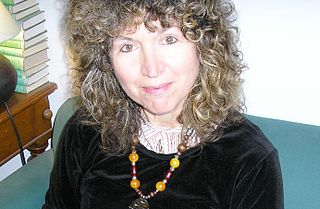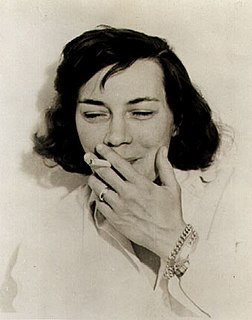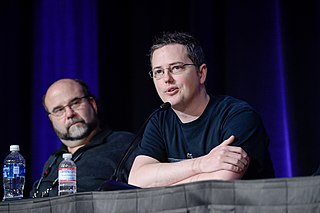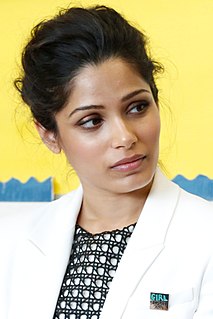A Quote by Lewis Thomas
Science is founded on uncertainty. Each time we learn something new and surprising, the astonishment comes with the realization that we were wrong before.
Related Quotes
I hope that every [person] at one point in their life has the opportunity to have something that is at the heart of their being, something so central to their being that if they lose it they won't feel they're human anymore, to be proved wrong because that's the liberation that science provides. The realization that to assume the truth, to assume the answer before you ask the questions leads you nowhere.
I discovered John Truby ten years ago when a friend told me about his screenwriting course. I studied Truby's principles for a year and -- using them -- I wrote the first draft of The Thieves of Ostia in two weeks. I go back to his teachings before each new book I write. Each time I study Truby, I learn something new.
They were not friends. They didn't know each other. It struck Tom like a horrible truth, true for all time, true for the people he had known in the past and for those he would know in the future: each had stood and would stand before him, and he would know time and time again that he would never know them, and the worst was that there would always be the illusion, for a time, that he did know them, and that he and they were completely in harmony and alike. For an instant the wordless shock of his realization seemed more than he could bear.
The reality is each new day and each project is another opportunity to learn, experiment and try something I haven't done before. I've found that's what keeps me motivated and moving forward - learning new things and challenging myself on a daily basis to improve as a composer, recording engineer, percussionist, guitarist, producer...the list goes on and on!
Once, at the dreaming dawn of history -- before the world was categorized and regulated by mortal minds, before solid boundaries formed between the mortal world and any other -- fairies roamed freely among men, and the two races knew each other well. Yet the knowing was never straightforward, and the adventures that mortals and fairies had together were fraught with uncertainty, for fairies and humans were alien to each other.




































